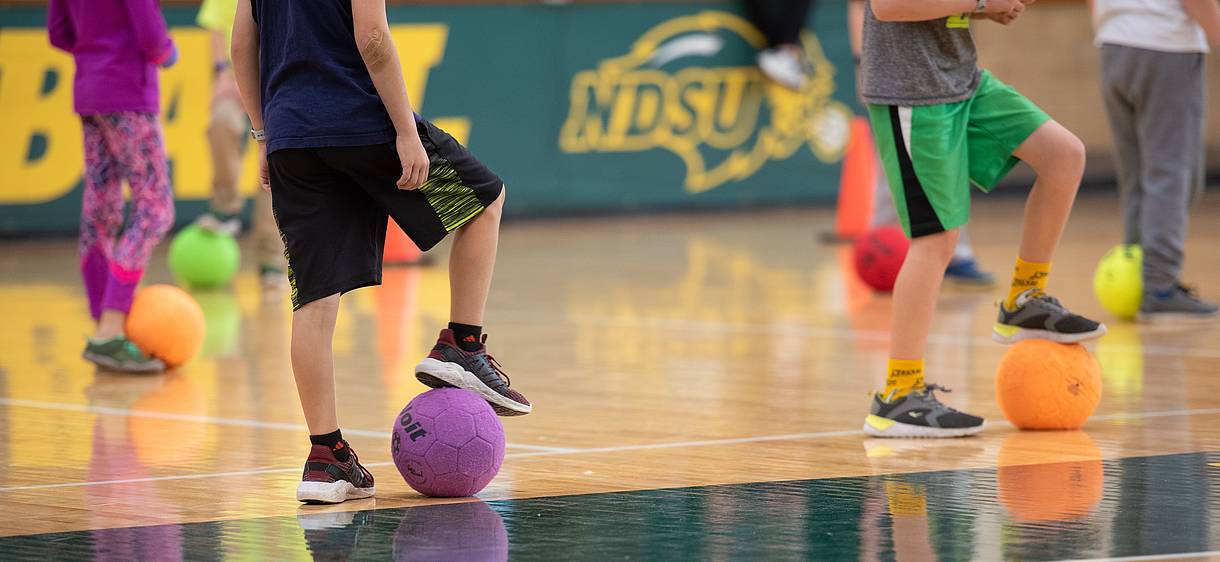Physical Education and Kindergarten Teaching

In developing countries, International Kindergarten is often considered a luxury. However, is it worth investing in primary and secondary education if the essential educational foundations are lacking?
The objective:To place nursery education and the care of young children on the international agenda. It should be remembered in this regard that since 1989, the International Convention on the Rights of the Child has recognized minors the fundamental right to quality education. In Belgium, everyone agrees that this rests on sound foundations, laid from an early age. In contrast, in developing countries, Kindergarten is often considered a luxury: only one in three children have the chance to attend nursery school.International donors in fact give priority to primary, secondary and higher education. However, these efforts will not be profitable if investments are not made in Kindergarten.
- Physical education is a field of action which has a special status in the eyes of teachers and students as well. Indeed, it is an activity which, because it takes place outside the classroom, is not considered to be “work”. The work is above all attached to a specific place, the class, and it is identified with reference to actions taking place under specific conditions, such as being seated at a table, with particular tools, pencils, scissors and yet, because we are at school, because these are sessions designed and led by a teacher as part of a program, questioning what we learn there with regard to this particular status, is not without interest.
First of all, by observing and questioning large section students, we noticed that all the students do not understand situations in the same register. I identified two types of mobilization of the subject in action which lead to different modes of appropriation of tasks, leading to variations in the way of positioning oneself in relation to the teacher, having to do with more or less favorable conditions upon entering a learning situation.
First type: the search for sensations
During the performance of tasks, the student is essentially on the search for sensations in a functional activity during which it is the effect of the act that is sought. In this mode of operation, which corresponds to a necessary stage in the child’s development, the teacher is most often “absent” at that moment from the student’s world, that is to say ci does not need him and he does not ask for him.
Second type: the search for performance
If in the subject’s functioning, the search for sensations is always present, it is the search for performance, in the broad sense of the term that predominates. The difficulty encountered then becomes an incentive and entails a modification of the operations involved. The teacher is called upon as a witness to the exploits in progress or as an aid: his status of expert is implicitly recognized.








